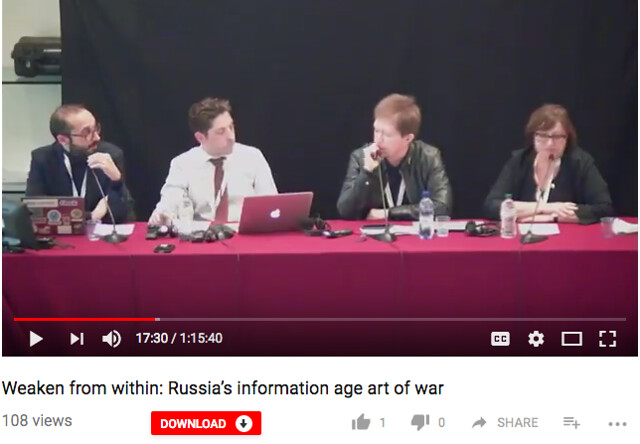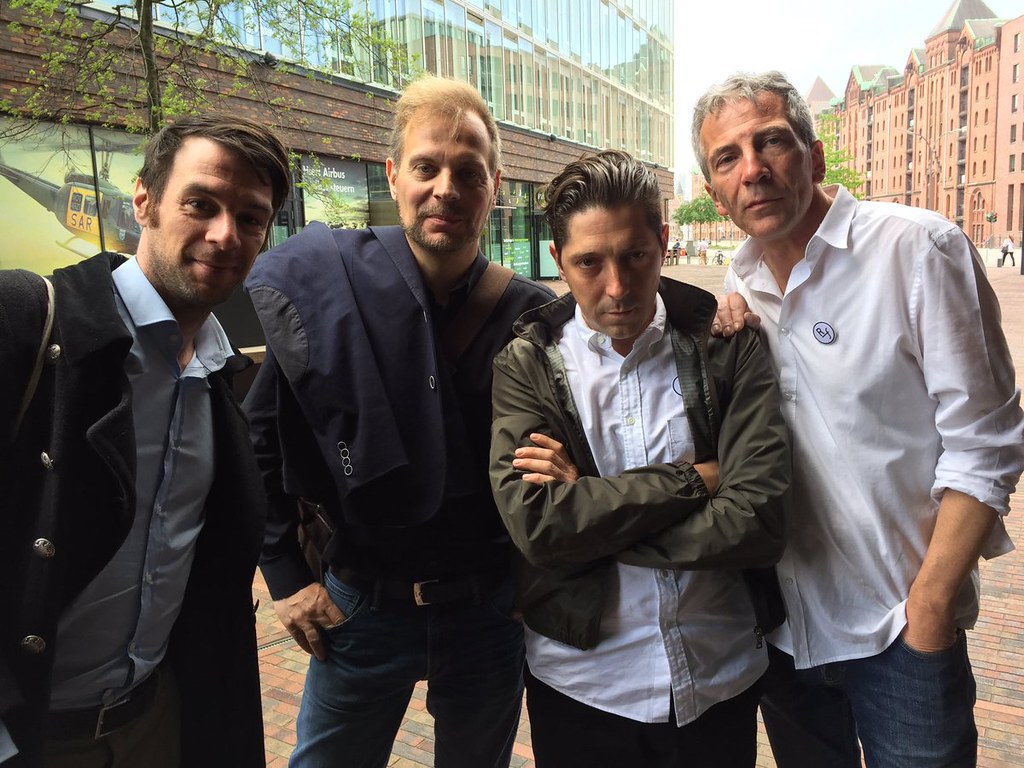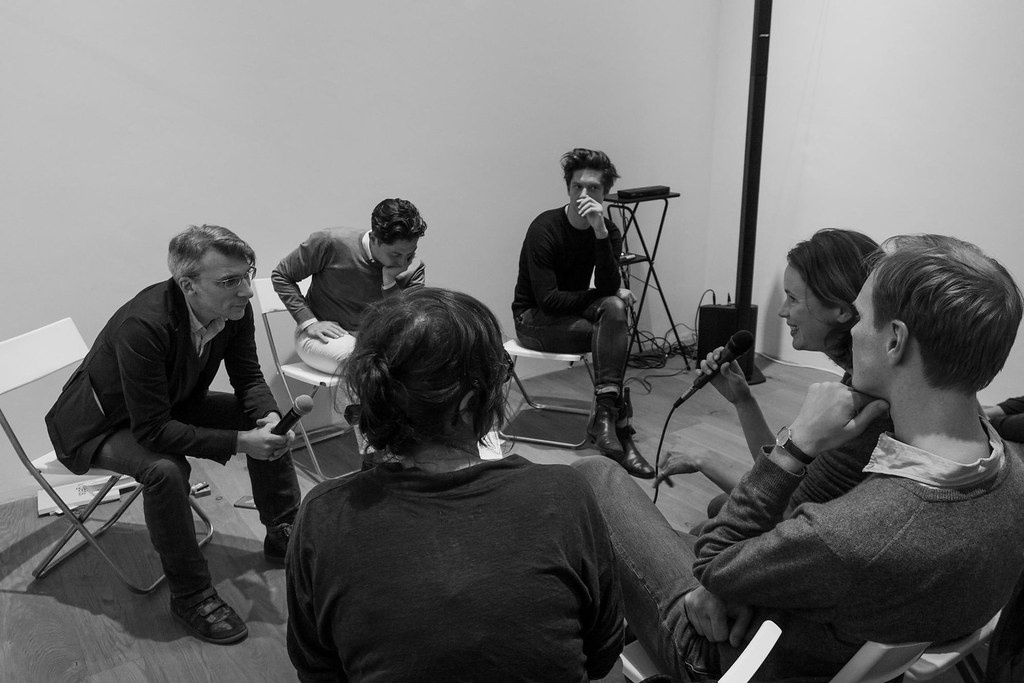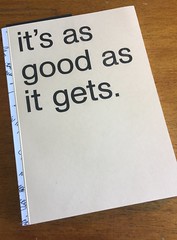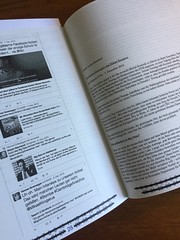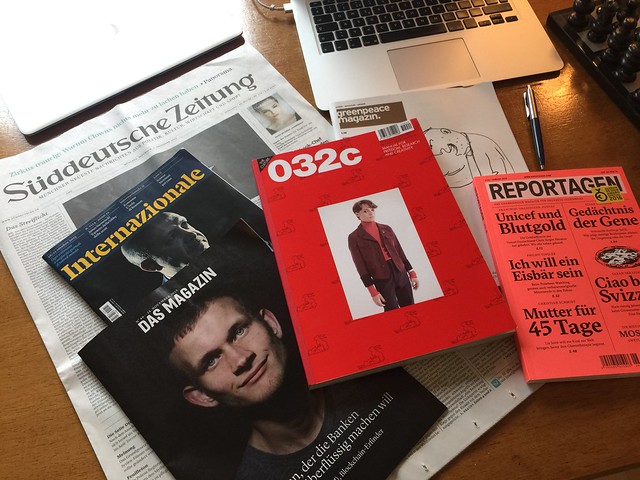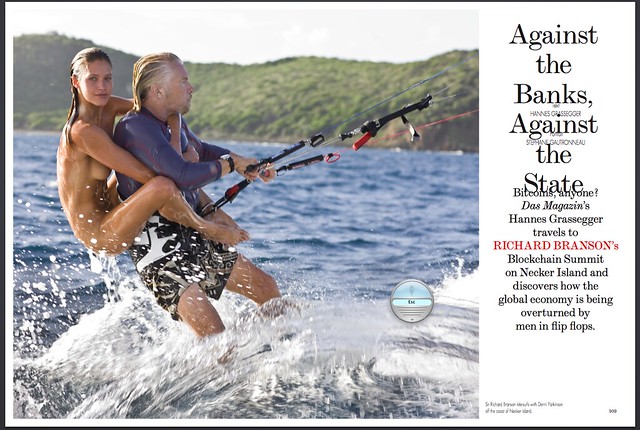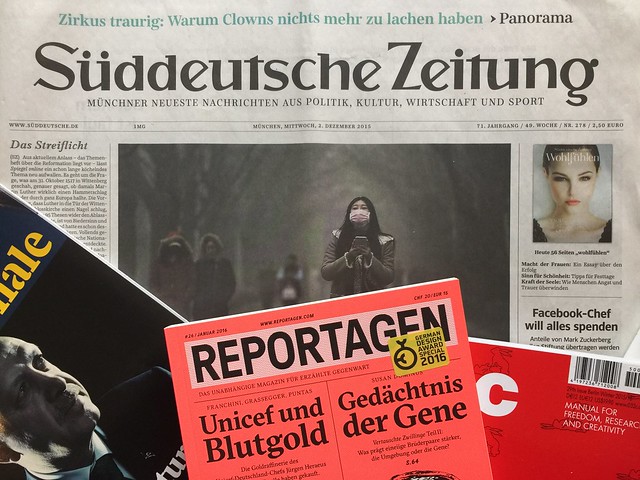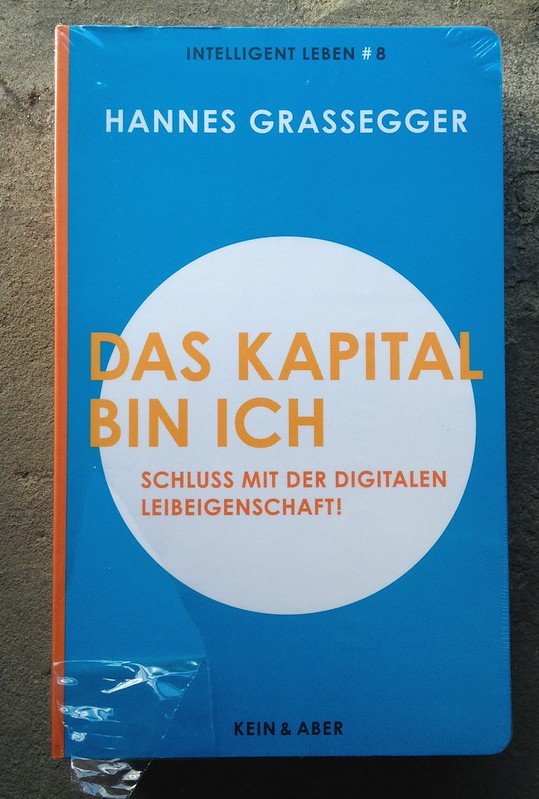 English Version of the intro chapter of «Das Kapital bin ich
English Version of the intro chapter of «Das Kapital bin ich» (Published by
Kein & Aber, Zürich/Berlin, 2014)
Privacy. Transparency. Surveillance. Security gap. I can’t stand to hear the words anymore. They simply downplay a radical new condition: We no longer own ourselves. We are digital serfs.
You want proof? If personal data is the oil of the 21st century — a commodity companies pay billions of dollars for — then why aren’t we, the source of such data, the oil sheiks?
This new oil, this content, personal data, big data — it's me. My digital personality. Today “going online” is no longer a choice or a potentiality, but rather a necessary condition of existence. It is essential. Part of me. I spend at least half of my time online: both professionally and privately. As Artie Vierkant recently said, we live in a “post-internet” reality. The internet is not a separate realm anymore, it’s become an integral part of life. My identity remains unified, but it’s become partially digital. We’re made of atoms and of bits. The internet is the externalization of my inner world. And this inner world is clearly linked to the rest of me.
The days of anonymity are over. My digital self is my thoughts (emails), my emotions (emoticons), my social relationships (Facebook), my business network (LinkedIn) my heartbeat on a Nike App and my genes on 23andMe. Increasingly, every part of us is datafied.
The Internet is run by private companies.
Yet somehow, almost everything is free.
It’s an old trick. They lure us with new land, ready to plow, with “platforms,” and in return they keep the harvest: our thoughts and feelings encoded into letters and numbers. And now they’re exploiting these new assets with big data algorithms and sentiment analysis. “Putting the soul to work," as Franco Berardi says.
We’ve all been “sharing.” But the smart ones have also been gathering—and sucking us up into their clouds. Apple now demands that I upload all my calendar data and contacts into the Apple cloud in order to synchronize my iPhone. New terms: From now on Apple needs to know who I’m with, when, and why. Terms and Conditions are the laws of the land, established by a new class of overlords, to whom we must bow and plead allegiance in order not to lose everything. Give me your data. Accept or you’re out.
My data turns into a cash flow streaming towards Silicon Valley. There’s nowhere the cash is flowing faster than in the IT industry. The $19 billion Facebook paid for Whatsapp, and the $3.2 billion Google paid for Nest were just droplets in this stream. Apple has $160 billion just in cash, Microsoft 84, Google 61, Cisco 48, and Facebook and Amazon together can claim $25 billion in cash. It’s a golden sea of data. Or a mountain range. Never before have there been such high peaks.
And never in history has such a small number of people been able to amass such wealth. Zuckerberg, Bryn, Jobs & Co: we belong to them. Attend the grandiose celebrations in Silicon Valley, marvel at the unaffordable apartments in San Francisco: see the digital “overlords” (The Economist) of the “New Digital Age”—as Eric Schmidt of Google calls our time—during their spectacular “demos” live on stage. No industry shares so little. Nowhere are the dividends lower than in the IT industry. Nobody in history has ever ruled over so many humans. Facebook is bigger than China, Google has probably thrice its population. Even the pharaohs would have been jealous.
As were our governments, in fact. They were so jealous that they instructed their agents to act. After the data plundering by the “Five Eyes,”—the NSA & Co.—the corporations revolted: the unlikely alliance of arch-rivals such as Microsoft and Apple, together with Google, Twitter, LinkedIn and Facebook (!), addressed a full-page warning ad in the New York Times last December to “the governments of the world.” This, and their increasing global lobbying efforts since then, are the temper tantrums of spoiled kids: “Hey, that’s MY data!” But who really owns what?
Quite recently, Silicon Valley guru Jaron Lanier naively asked this very question: “Who owns it?” But the real question is: “Who owns me?”
That we no longer own ourselves is vividly demonstrated by the case of the Austrian student Maximilian Schrems, who for years tried in vain through legal requests in Ireland – where Facebook has its European headquarters – to simply retrieve all the personal data the company had recorded about him during his short membership.
A simple thought experiment shows how much power the new overlords have over us: Imagine your mail host suddenly refused you access to your emails. How much would you pay in order not to lose it all?
In some places, this is already a reality: In Mexico’s “Virtual Kidnappings,” gangsters hijack the virtual identity of their victims in order to control them like puppets. How far would you go to keep your wife from knowing about your porn habit? Or to keep your mother from receiving text messages detailing your horrific suffering? Is this really just virtual?
Let me give you the plot for the next James Bond: Dr. No buys Facebook, and takes 1.3 billion virtual hostages.
We can’t even properly assess the threat yet. Data, drones, discipline is the title of Zygmunt Bauman’s recent book. But it can get so much worse.
Personal information is a scarce commodity. Each individual creates his or her own set of data—a signature, like on a painting. A unique expression of personality. We are flesh made data. This is precisely the goal of all the analysis and algorithms: you. The knowledge of your innermost desires and needs. And if personal data is the raw material of the 21st century, woe betide us if we allow the new data mining companies to drill and explore us in the same ruthless way the miners of past ages have ravaged the land.
Go ahead, throw away your cell phone and your laptop, quit Facebook. You’ll see: there is no opt-out anymore. Because in the meantime, our environment has become “smart.” It’s not just social media: with sensors in cars, TVs, refrigerators, and in “smart cities” such as Rio de Janeiro and Stockholm too, they capture us – as was recently revealed in the case of Samsung TVs, which were found to be transmitting data about their owners’ behavior to Samsung. “Watching us just as we watch them,” Wu-Tang Clan rapped in 1998. At the time it was just a conspiracy theory. That was a time when electronic wristbands transmitting data were not a gadget called Fitbit but a punishment for criminals whose movements needed to be controlled.
Since Snowden, it’s become clear that we now belong to the State, too. Mails, phone calls, movement patterns: We ate the Apple. They know everything. Anyway: In this respect, government and businesses have strangely similar goals. “To collect and organize the world's information” – that was Google's original mission statement. The NSA, BND and GHCQ would like it.
We’ve become the servants of two masters, and now they’re fighting each other. Data is money and power at the same time. The digital battle over resources has begun. And that’s good for us.
If two quarrel, the third rejoices. It's the right time for the distribution battle of the New Digital Age. Now the cake is on the table. It’s our cake. And we can only stand to gain from the situation, because so far we’ve been living off the crumbs.
How many times have we been told that the internet is the land of the free? It’s really the opposite: We have to bring the rights and freedoms that we fought so hard for in the physical world into the new digital realm. We have to establish ownership of ourselves and the freedom to employ this property for our own benefit. Only this will help us leave behind our self-imposed digital immaturity.
It will be worth the effort. All the billions that Facebook & Co. have hoarded for themselves are waiting for us. Thousand of billions—a trillion Euros will be made from personal data in Europe alone in 2020, according to an estimate from the advisory firm Boston Consulting Group. To get our hands on some of it, we just need to learn to sell ourselves. To market our digitized thoughts and emotions. Our souls, if you will.
Just as we as entrepreneurs and employees have marketed our skills for centuries, we now need to exploit our personal information—before others do it instead. Even if you hate free markets – a personalized free data market is a lesser evil than serfdom and monopoly power. As they say: liberty is just a click away.
All the tools we need are already in place. The principle is simple. First we must collect our data ourselves and lock it away safely. Then we can give the keys to our encrypted data only to those who offer an acceptable equivalent and agree to our terms.
We need to hurry. If we don’t act right away, Google, Facebook, and the NSA will already have produced lasting realities, just as the boundaries erected by ancient kingdoms still hinder us today.
So: Let the cash roll in. End digital serfdom. If my soul already has a market value, then that profit belongs to me.

© Hannes Grassegger, 2014

Buy
Das Kapital bin Ich
Translated by Anne Posten from the original German version of «Das Kapital bin Ich», by Hannes Grassegger, first published in July 2014 by Kein & Aber.
If you are a publisher interested in discussing an english version of my pamphlet please contact:
Hannes Grassegger hns.grassegger()gmail com (author)
Anne Posten anne.posten()gmail com (translation)
Jasmin Strauss j.strauss()keinundaber ch (publisher)
